Fundraising is vital for rescuing, rehabilitating and rehoming non-human persons. Amanda George, knowing that millions of non-human persons are homeless, awaiting adoption in a shelter, or needing rescue, set up The Sanctuary Angels in 2008. The Sanctuary Angels raises funds, in the form of Angel Grants, for grass-roots animal rescues around the world. Since 2008 The Sanctuary Angels have raised more than £86,000 for rescues like Filey Cat Rescue in Yorkshire, Northern Ireland Battery Hen Rescue, Stray Aid Montenegro, Care for Cretan Cats, Hill Pony Resources in Dartmoor, Shelter Ugolyok in Ukraine, and many more.
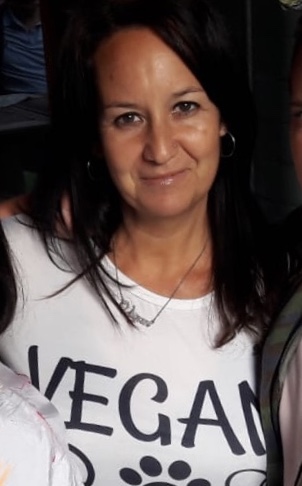
Here, Amanda reflects among other things, on why she went vegan and established The Sanctuary Angels, and why is it important to connect veganism, animal adoption and cruelty-free living?
Amanda, how do you define yourself?
Would probably define myself as an animal advocate rather than an activist.
What is veganism to you?
Veganism is not hurting animals, or depriving them of their life and liberty, to satisfy my tastebuds. I went vegan when I was in my late twenties, on a live exports protest (I was vegetarian at the time). It was impossible to watch the trucks of calves passing by without giving up dairy and, from there, going totally animal-free/vegan.
Do you have a favorite vegan quote?
“Saving one animal will not change the world, but for that one animal the world will change forever.” I don’t know who said this, but I see it a lot, or variations of it, and it really resonates. It has become a motto of the Sanctuary Angels.
What were your reasons being establishing The Sanctuary Angels?
After years of attending protests and demonstrations, I decided to spend my time raising awareness in a different way and raising vital funds for animals (the victims of animal exploitation) at the same time. This gave rise to what is now the Sanctuary Angels. It feels like a positive way to tackle animal suffering: to educate and raise funds at the same time.
What are the grand challenges in running the organisation?
Balancing running it well alongside running my editing business and my other life commitments.
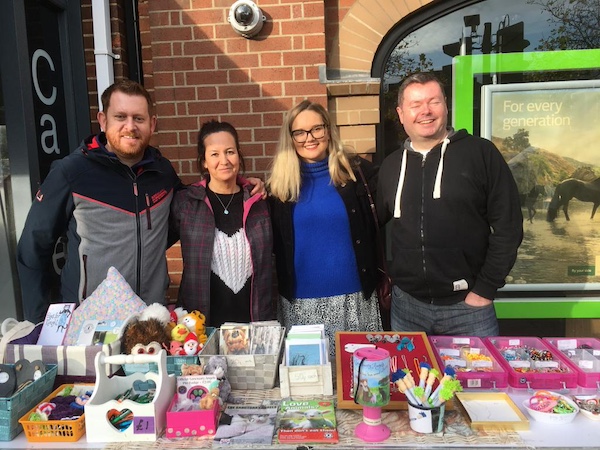
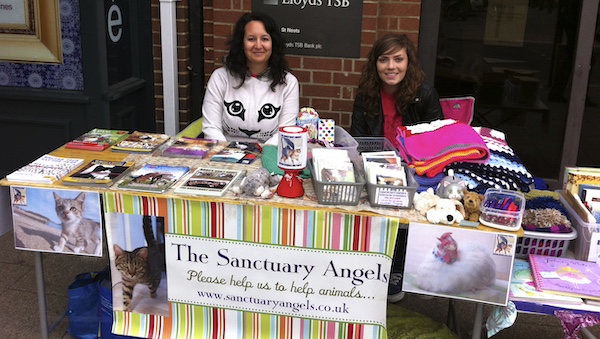
The Sanctuary Angels also promotes veganism, animal adoption and cruelty-free living. Why is it important to have an intersectional approach?
Because they are all totally connected. Animal abuse in animal farming, in the companion animal breeding industry, and in animal testing, to name just three, are all connected. They all loop back to animals being treated as objects and tools rather than sentient beings in their own right.
How do your ideas and feelings about veganism, animal adoption and cruelty-free living manifest in your daily life?
I do my best, every day. I buy and eat vegan, I buy cruelty-free and I have three amazing rescue cats as companions. I don’t donate to charities that support animal research, and I don’t visit zoos or places where animals are kept in captivity (only sanctuaries).
If someone would say that going vegan is hard and cruelty-free living is even harder, how would you reply on that?
I don’t agree with that. Not now, when being vegan and cruelty-free has never been easier. What is hard is hearing people’s excuses for not doing what they can to end animal suffering.
What needs to happen to improve the rights of non-human persons?
The laws need to change to reflect that animals are sentient beings. Animal rights (or sentience) should be taught in schools, so that people grow up knowing that animals value their lives and liberty as much as we (humans) do.
Many human persons do not know how to communicate with non-human persons in general, and with different species of non-human persons. What does it take to communicate/talk to non-human persons?
I can only use my cats as an example. Although they can’t talk to me (I can’t hear them anyway), they express their feelings through their eyes and their actions. I talk to them all the time and they love it. I don’t know if they know the meaning of my words, but they feel my intentions, my love. And they return it, always.
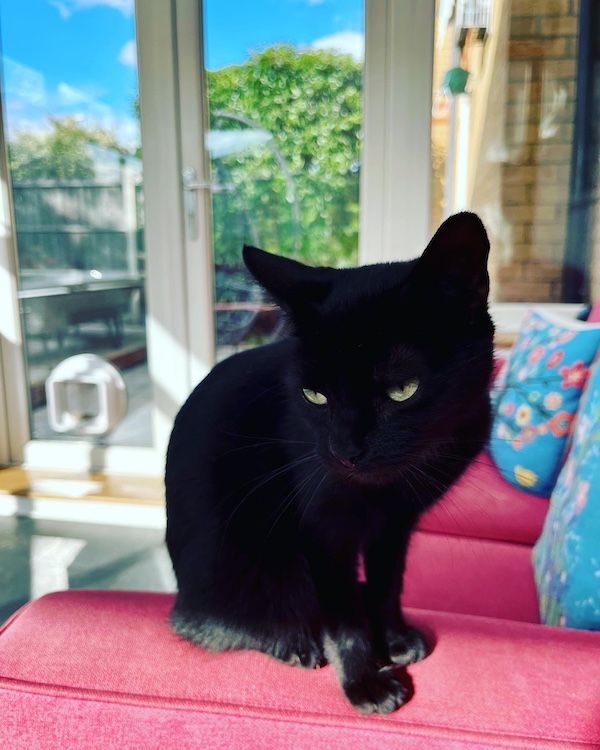
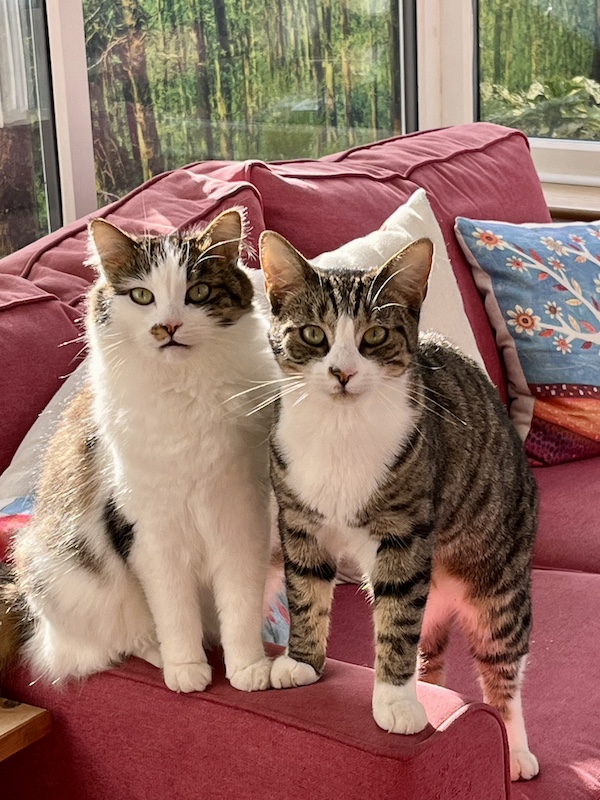
What non-human persons can teach us?
They can teach us about being in the moment, about play and joy, about unconditional love, about selflessness, and about dignity in the face of exploitation.
Ophélie Véron, a French author has said: “Acknowledging that the revolution must become part of our lifestyle is a major step towards freeing everyday life from alienation and making it a truly revolutionary process. Activism is thus no longer extraordinary, temporarily cutting us from our everyday life, but it is ordinary – present in our smallest and seemingly most insignificant actions as a practice that seeks to transform everyday life via everyday life.” Could you please elaborate on that.
That’s a beautiful quote. I echo that, 100%. And, in a way, that mirrors my personal transition from activism via protests to activism and advocacy via the Sanctuary Angels, educating people how to make changes to their lifestyle that really make a difference.
What animal activists, vegan activists, etc would you say have influenced you the most, and why?
I’m not sure that anyone influenced me. As a very small child, I instinctively knew it was wrong to eat animals. I have just followed that ethic and created my own path for helping our non-human friends.
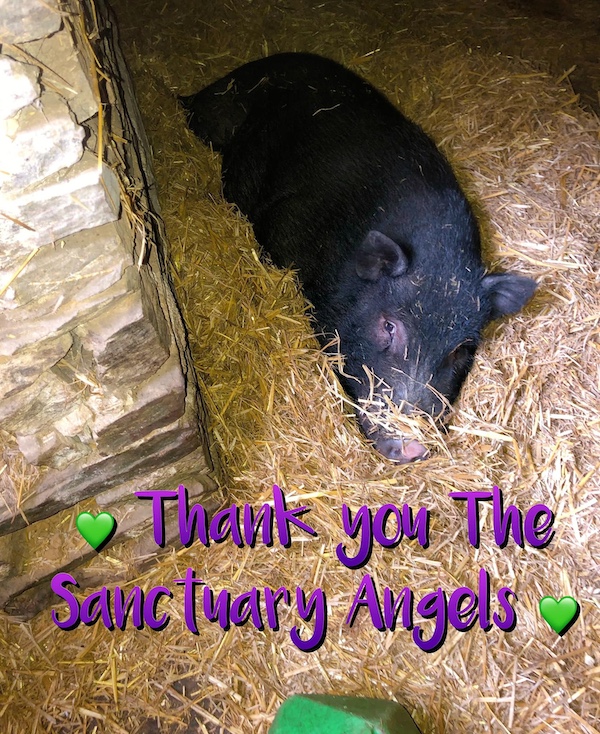
How do you switch off?
I dance for fitness, walk in nature, watch relaxing films, learn languages, cook, read, and chill with friends and my cats.
Get inspired!
Website: https://www.thesanctuaryangels.com
Facebook: www.facebook.com/thesanctuaryangels